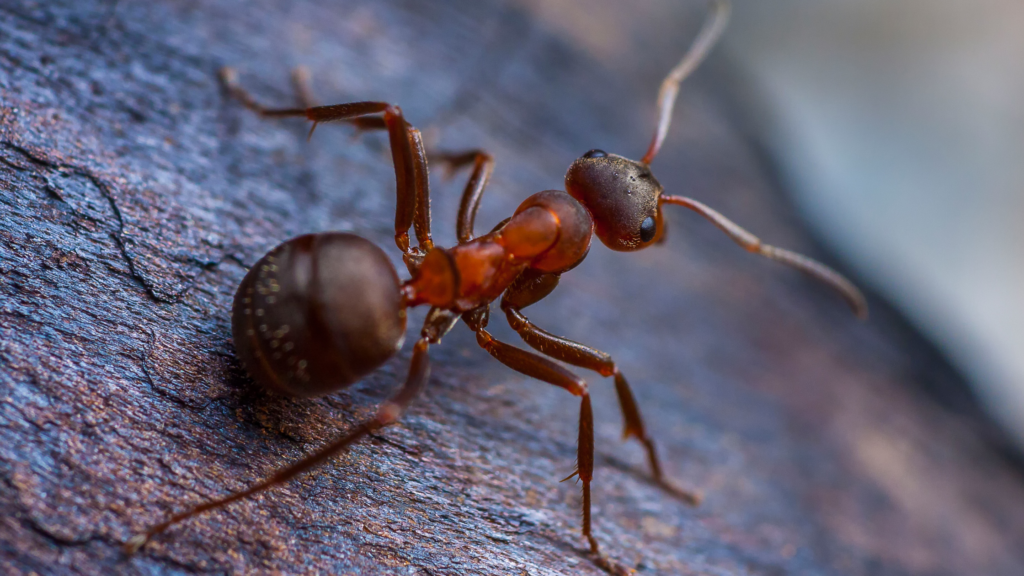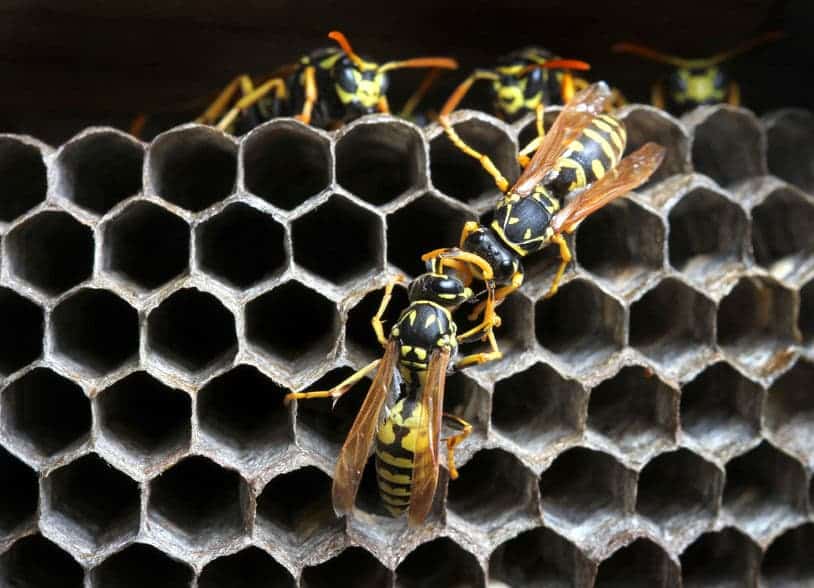If you see a spider in your home, you probably don’t stop to try identify if it is venomous or not, as you go on the attack to kill the spider.
While all of the 3,000 species of spiders are considered nuisance pests, The National Pest Management Association (NPMA) published an article that outlines the three most dangerous spiders and two of these venomous spiders are found in our area.
It is important for you are familiar with these dangerous spiders so you can protect yourself and your family.
The Brown Recluse – often identified by a dark brow violin shape on its back is predominately found in the Midwest and Southeastern United States. The brown recluse venom can cause severe allergic reactions, notably in children, the elderly or those with preexisting medical conditions. Their bites can take three or more hours to develop and about three weeks to heal.
The Black Widow – the most notoriously feared spider is easily identified by a red “hourglass” coloration on the underside of its black body and is found throughout the United States, but are most common in the southern and western states. The Black Widow’s venom causes immediate pain at the bite site and then spreads to other areas of the body. They leave two puncture marks on the skin. Young children and the elderly are especially susceptible to severe reactions.
The Hobo Spider – Identified by its distinct pattern of yellow markings on its abdomen is found throughout the Pacific Northwest. Unlike other spiders the hobo spider’s bite may go unnoticed at first, but then a moderate to severe, slow-healing wound will develop.
Prevent spider infestations before they become a problem. NPMA offers the following tips to help prevent contact with spiders:
- Avoid keeping clothing and shoes on the floor, especially if in an area known for spiders; consider storing inside plastic containers.
- Seal cracks and crevices around the home.
- Vacuum/sweep away webs in and around the home.
- Shake out all clothing that has been in the laundry basket before wearing/washing.
- Keep garages, attics and basements clean and clutter free.
- If a spider bites you, contact your primary care physician for medical advice.
- If you have an infestation in your home, contact a licensed pest professional to inspect and treat the pest problem.
If you think you have a spider infestation or you want to prevent an infestation, call Turner Pest Control. Our trained technicians can help eliminate the threat of venomous spiders around your home. Our routine service includes spider de-webbing around your home to keep your family safe.
To read the full article visit https://www.pestworld.org/news-and-views/pest-articles/articles/identifying-your-spider-infestation/


